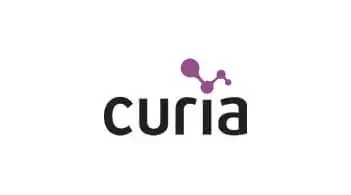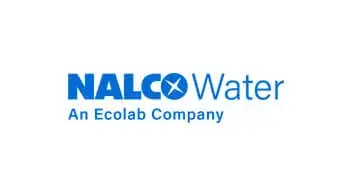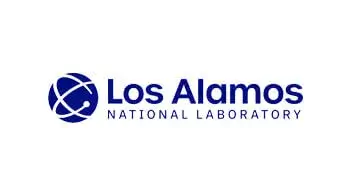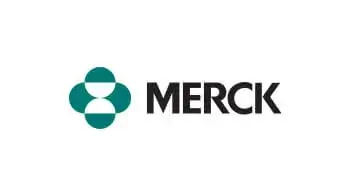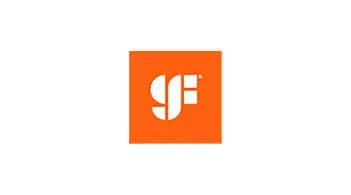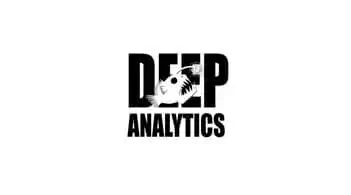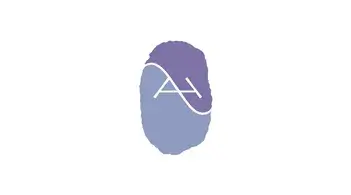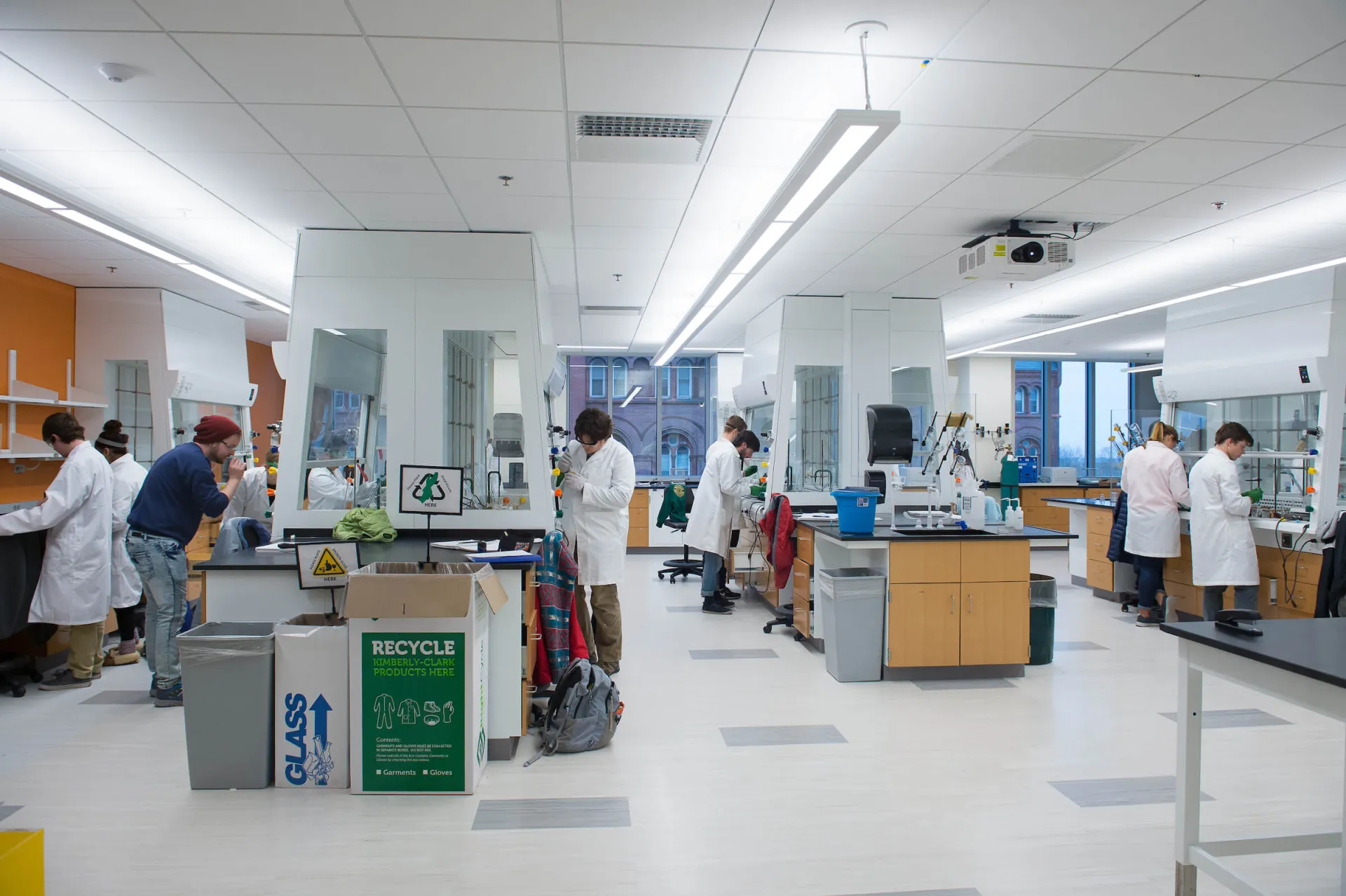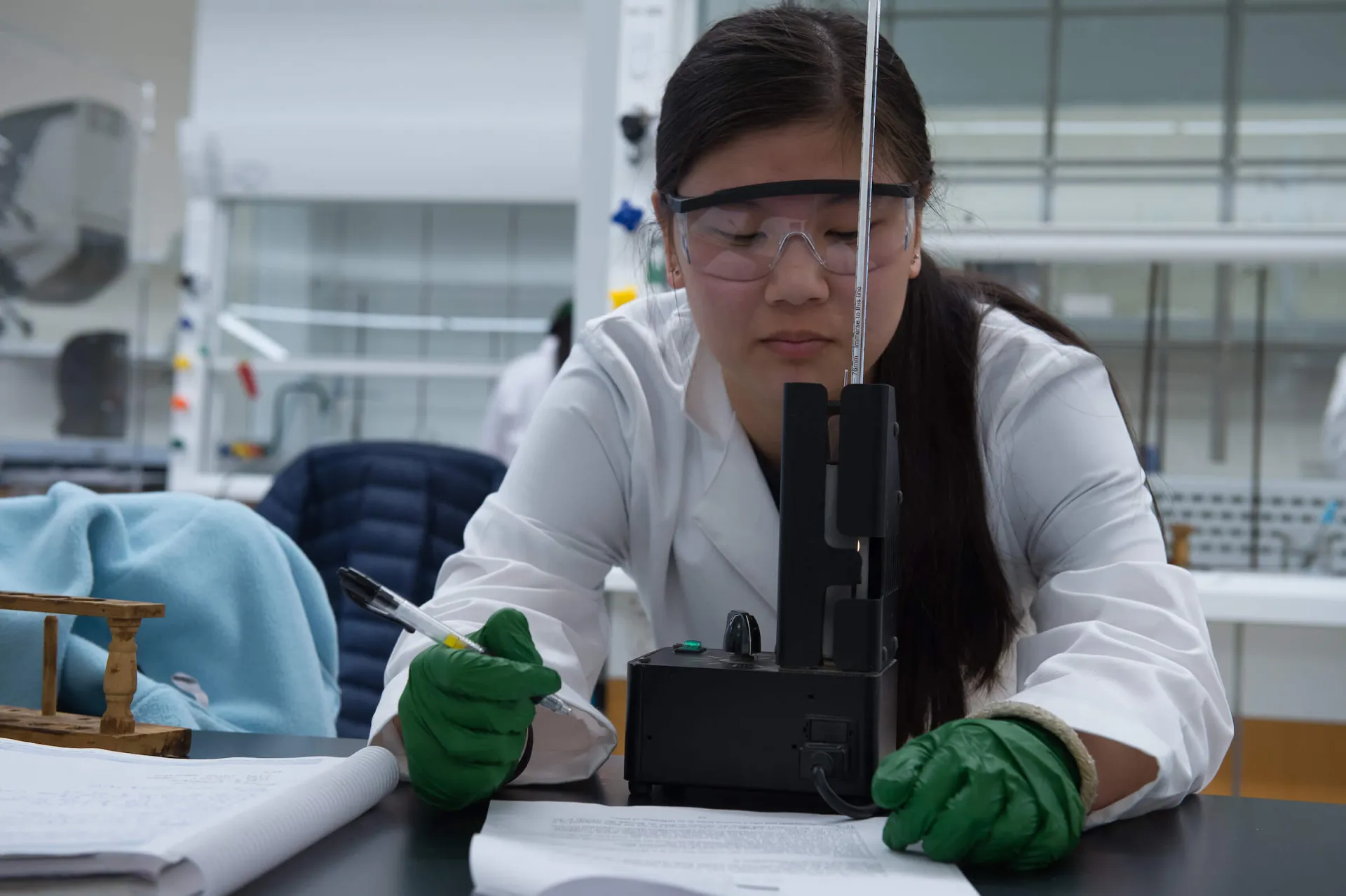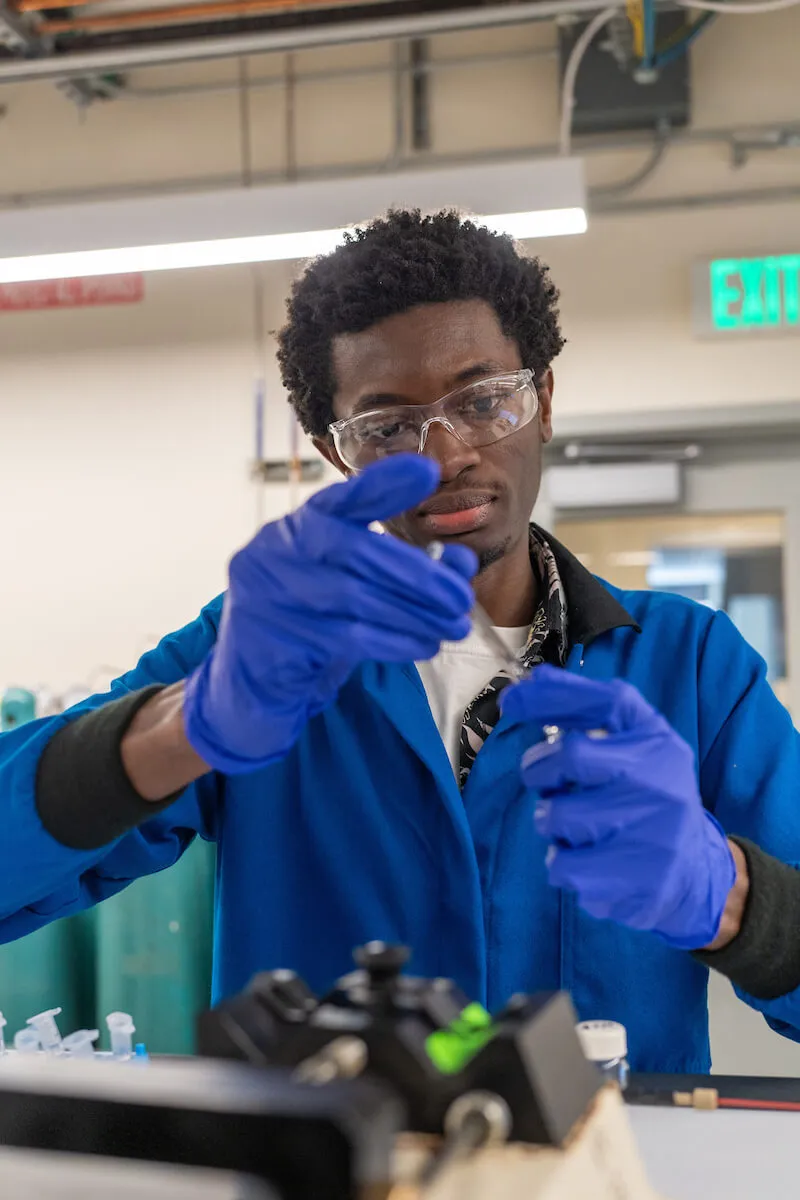
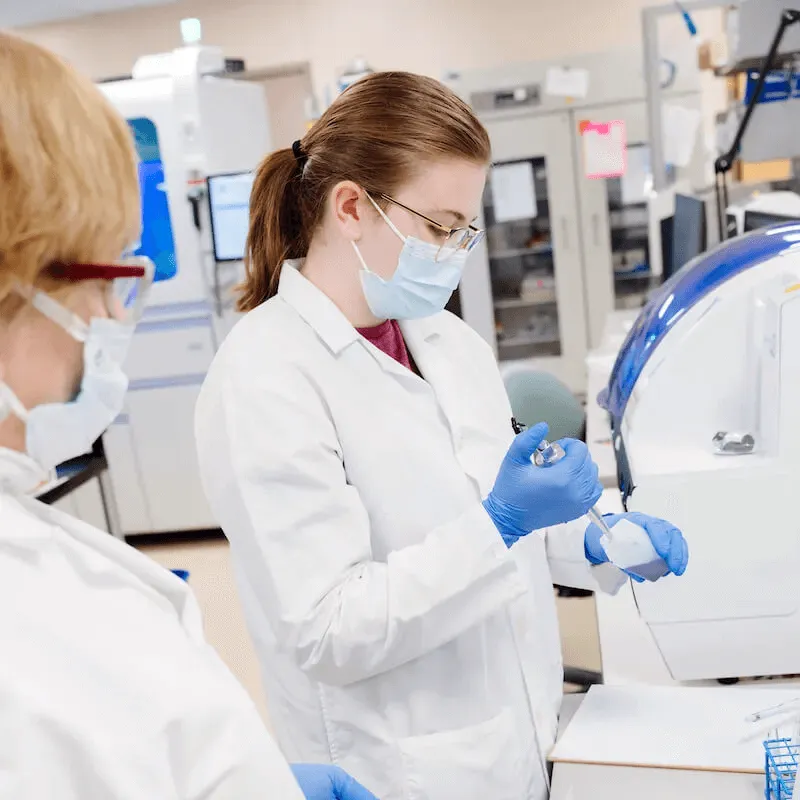
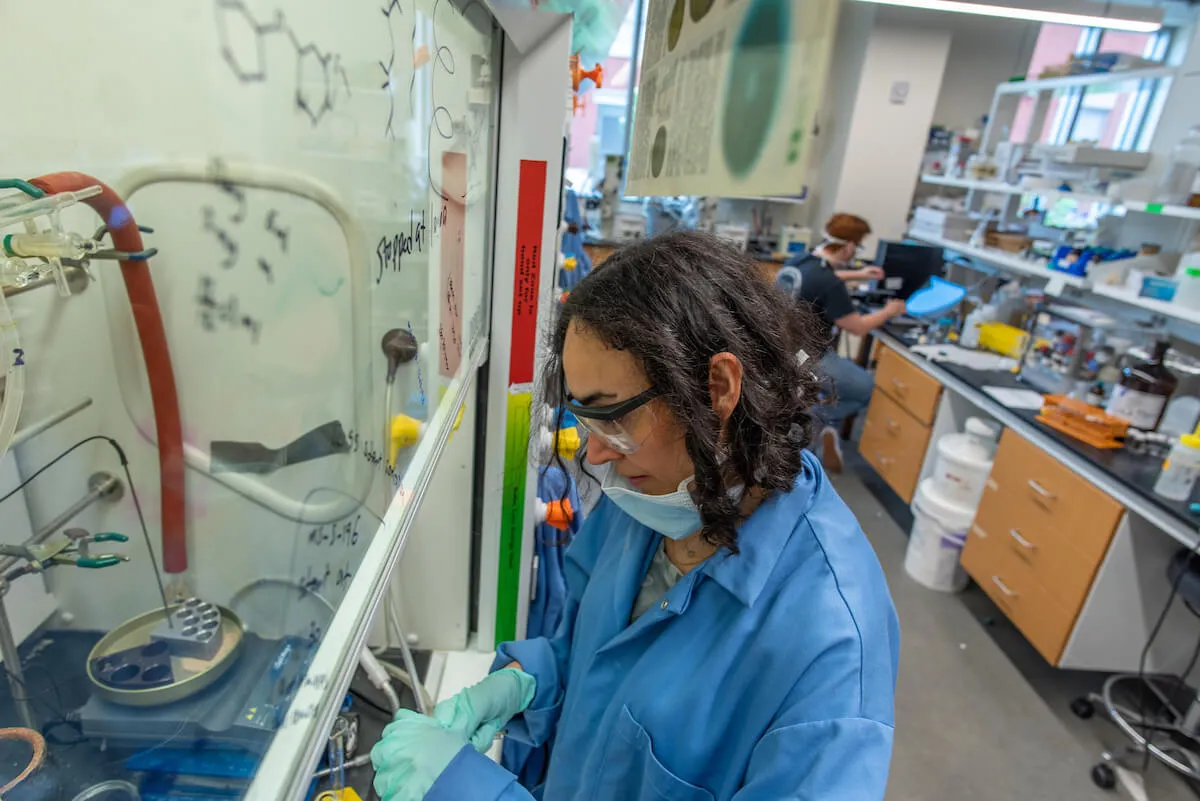
What Can You Do with a Liberal Arts Degree with a Major in Chemistry?
Your chemistry major is more than formulas and lab work. It’s a launchpad for a wide variety of diverse, rewarding careers that give you the opportunity to solve real-world problems and innovate for the future.
Past UVM chemistry majors have gone on to work in careers such as:
Chemist
Scientist
Analyst
Technician
Laboratory manager
Forensic chemist
Software engineer
Data scientist
Materials scientist
Environmental chemist
Occupational health and safety technician
Health physicist
UVM Chemistry Students Learn the Top Skills Employers Want
Critical Thinking and Problem Solving
Chemistry majors become especially adept at critical thinking and problem solving. Some ways you'll gain these important skills include through experimental research with faculty mentors and by taking courses such as CHEM 2014 (Professional Development), CHEM 2020 (Communication Skills Seminar), and all Upper Division Lecture courses.
Teamwork and Collaboration
As a UVM chemistry major, you'll also have many opportunities for teamwork and collaboration, including through experimental research with faculty mentors, partnered projects in laboratory courses, opportunities to serve as an undergraduate teaching assistant (UTA) or tutor, and UVM ChemCats Club, where students come together in chemical creativity, career activities, and subjects of current research.
Written and Oral Communication Skills
You will most directly learn these skills in our CHEM 2020 (Communication Skills Seminar) course. Additionally, written and oral communications skills are honed via experimental research with faculty mentors, CHEM 2014 (Professional Development course), and projects in laboratory courses.
Professionalism and a Strong Work Ethic
Here, the rigor of the curriculum overall leads to these qualities—no one thinks of chemistry as an “easy” major! That said, specific activities that particularly develop these traits include experimental research with faculty mentors and CHEM 2014 (Professional Development course).
Initiative
Without a doubt, independent, cutting-edge research of the type conducted in faculty mentor research labs requires substantial initiative, as there are generally no standard “recipe books” for how to proceed. Undergraduate research is a degree requirement for all CHEM BS majors and is strongly encouraged for BA majors as well. You will also have other opportunities to demonstrate initiative, such as through internships and other high-impact experiences, serving as a UTA, and leadership in the ChemCats Club.
Alumni Spotlights: How the Liberal Arts Shaped Their Careers
Where UVM Chemistry Majors Go to Grad School
UCLA
Penn State
UC Berkeley
Stanford
University of Wisconsin – Madison
Brandeis University
Brown University
Texas A&M
Indiana University
Some Notable Companies that Hire UVM Chemistry Graduates

